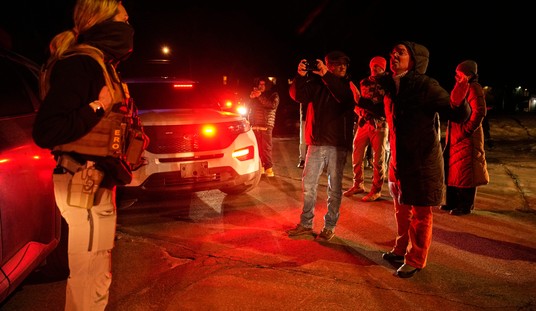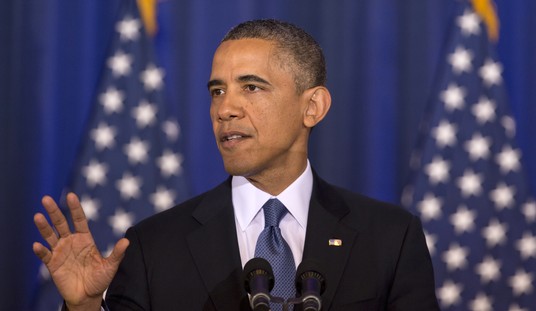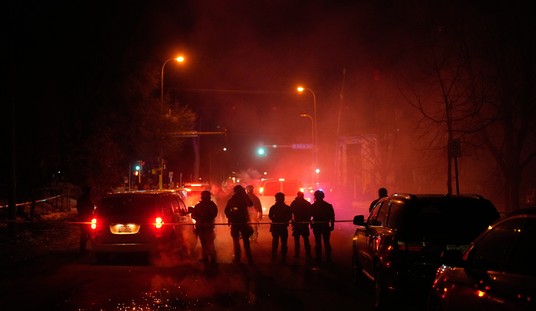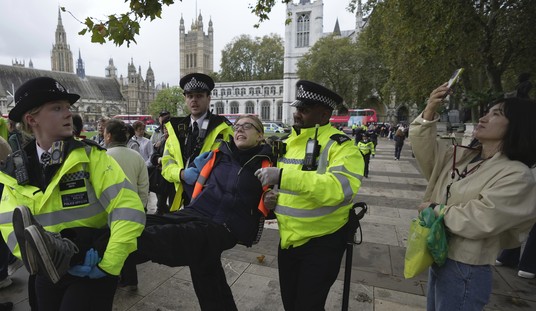As with Ferguson and Steyn, a new column by Michael Barone is best read in conjunction with another piece–David Brooks’ equally timely “Losing The Alitos“. Both do a tremendous job describing the cultural environment of central New Jersey in the late 1960s as a microcosm of America as a whole during that tumultuous period. Barone writes:
In his opening statement to the Judiciary Committee, Judge Samuel Alito told the senators where he comes from. First, Hamilton Township, N.J., the modest-income suburb of Trenton, where he grew up.
“It was a warm, but definitely an unpretentious, down-to-earth community,” he said. “Most of the adults in the neighborhood were not college graduates. I attended the public schools. In my spare time, I played baseball and other sports with my friends. And I have happy memories and strong memories of those days, and good memories of the good sense and the decency of my friends and my neighbors.” All positive memories.
Then Alito described Princeton, “a full 12 miles down the road,” where he attended college. “And this was a time of great intellectual excitement for me. Both college and law school opened up new worlds of ideas.” Still all positive. But then he sounds a negative note: “But this was back in the late 1960s and early 1970s. It was a time of turmoil at colleges and universities. And I saw some very smart people and very privileged people behaving irresponsibly. And I couldn’t help making a contrast between some of the worst of what I saw on the campus and the good sense and the decency of the people back in my own community.”
To some of the senators, this must have seemed a jarring note. For them, universities like Princeton are places where young people are trained to renounce the racism, sexism and all the other evil -isms that are thought to be endemic in places like Hamilton Township. But Alito, a man of the highest intellectual ability and deep learning, sees the contrast another way. Witnessing radicals shut down a college and bomb university buildings, he saw the left-liberalism of the campus as an attack on one of civilization’s highest institutions. And he did not think that campus radicals had higher moral standing than the middle-class people among whom he had grown up.
The late 1960s and early 1970s were a time of cultural conflict, a battle between what I have called the beautiful people and the dutiful people. While Manhattan glitterati thronged Leonard Bernstein’s apartment to celebrate the murderous Black Panthers, ordinary people in the outer boroughs and the far-flung suburbs of New Jersey like Hamilton Township were going to work, raising their families, and teaching their children to obey lawful authority and work their way up in the world.
The glitterati in the 1970s seized and still hold the cultural commanding heights of our society — the universities, the media, the Upper East Side of Manhattan and the Westside of Los Angeles. But, as the success of Sam Alito shows, they have not entirely won the hearts and the minds of the people. [That may be the understatement of a still quite young century. And God help the country if they ever do–Ed]
I recently traveled through both Hamilton Township and Princeton. The contrast between the million-dollar-plus homes and fancy shops of Princeton and the modest-to-downright- depressing neighborhoods and strip malls of Hamilton Township was stunning. So, too, are the voting figures. Princeton voted 76 percent for John Kerry in 2004. Hamilton Township voted 49.3 percent for George W. Bush and 49.8 percent for Kerry.
Power Line has already highlighted just how damning the next paragraph is, though naturally, few who it is aimed at will be ready to accept its message:
Our universities today have become our most intellectually corrupt institutions. University administrators must lie and deny that they use racial quotas and preferences in admissions, when they devote much of their energy to doing just that. They must pledge allegiance to diversity, when their campuses are among the least politically diverse parts of our society, with speech codes that penalize dissent and sometimes violent suppression of conservative opinion. You can go door-to-door in Hamilton Township and find people feeling free to voice every opinion across the political spectrum. At Princeton, you will not find many feeling free to dissent from the Bush-equals-Hitler orthodoxy.
It’s interesting that Sen. Edward Kennedy tried to charge Alito with racism and sexism because he once belonged to an alumni group critical of Princeton. Evidently in Kennedy’s mind, dissent from campus orthodoxy is prima facie evidence of bigotry.
Are there many Ivy League professors who would disagree with him?
Update: Joe Gandelman (found via Steve Green) has some very much related thoughts.










Join the conversation as a VIP Member